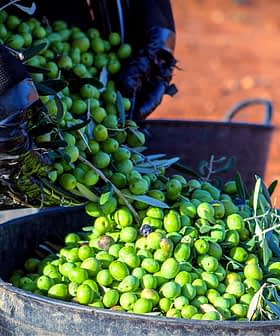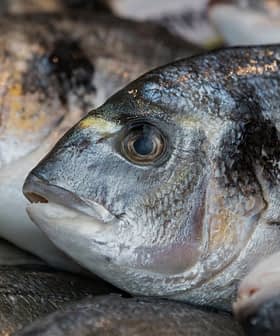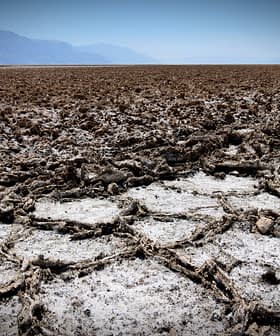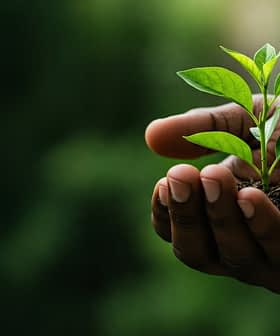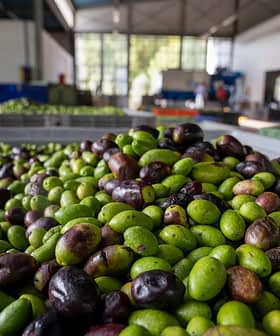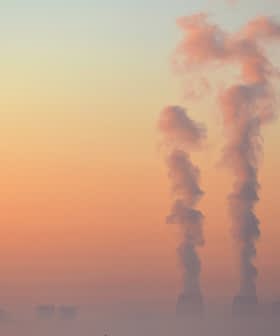2022 Wildfire Season Expected to Be Europe’s Worst
In the first six months of 2022, hectares burned by wildfires have nearly matched the damage in all of 2021, with the peak season yet to come.
 Loutraki, Greece
Loutraki, Greece In the first six months of 2022, wildfires in Europe have burned four times more land than the annual average from 2006 to 2021, totaling about 700,000 hectares due to scorching heatwaves and dry soils. Concerns are rising as record-setting heatwaves and low soil moisture could fuel more intense wildfires in the peak months of July and August, prompting European officials to take action by providing new firefighting equipment and personnel.
Wildfires have burned four times more land across Europe in the first six months of 2022 than the 2006 to 2021 annual average, according to data from the European Forest Fire Information System (EFFIS).
A combination of scorching heatwaves across the continent and dry soils have created ideal conditions for combustion, resulting in about 700,000 hectares being burned in the first six months of the year.
By comparison, roughly 950,000 hectares of wildfires burned across Europe in all of 2021, fueled by four weeks in late July and early August that saw 400,000 hectares burn in Turkey, Italy and Greece, each recording their worst wildfire season in a decade.
See Also:Flames Engulf the Ancient Olive Grove of AmfissaEurope’s olive-producing countries once again have not been spared by the summer blazes, a long-time phenomenon in the Mediterranean basin, but one that experts believe is being exacerbated by the impacts of climate change.
In the year’s first half, 206,277 hectares already have burned across Europe’s 11 largest olive-producing countries. These countries recorded an annual average of 373,785 hectares of wildfire damage from 2006 to 2021.
Country | 2022 ha burned | 2006 – 2021 average |
Spain | 86,729 | 66,965 |
Croatia | 27,579 | 13,113 |
Italy | 22,397 | 53,961 |
France | 20,629 | 9,826 |
Montenegro | 16,700 | 15,775 |
Portugal | 16,329 | 96,625 |
Turkey | 5,443 | 46,795 |
Albania | 4,168 | 24,315 |
Greece | 4,002 | 44,640 |
Cyprus | 1,957 | 1,665 |
Slovenia | 314 | 103 |
European officials are especially concerned as the worst months for wildfires rapidly approach. Record-setting heatwaves across much of southwestern Europe combined with abnormally low soil moisture could fuel European wildfires in the peak months of July and August.
Academics and environmental engineers are further concerned that the continent is entering a vicious cycle, where depleted forest cover contributes to more intense heatwaves and wildfires which further deplete forest cover.
However, the record wildfires have spurred European officials into action and seen some of the most at-risk countries receiving new firefighting equipment and personnel. Scientific forecasting is also helping local officials identify the regions with the highest risk of wildfires to deploy resources accordingly.
“Last year, we witnessed the second worst forest fire season on record in the E.U.,” said Janez Lenarčič, the European commissioner for crisis management. “This served as a painful reminder of the devastating effect that forest fires have on the lives of Europeans.”
“With this fleet in place, the E.U. boosts the continent’s preparedness to face forest fires,” he concluded.
Share this article


